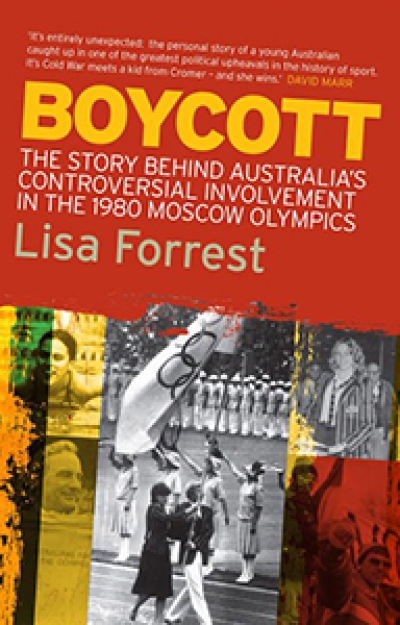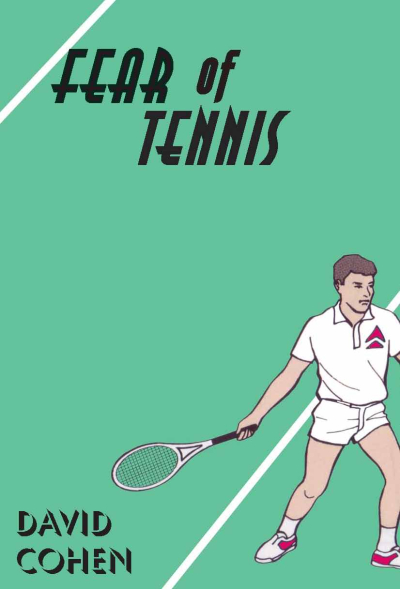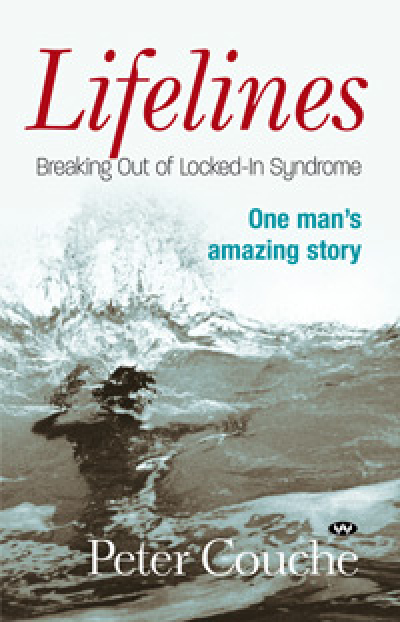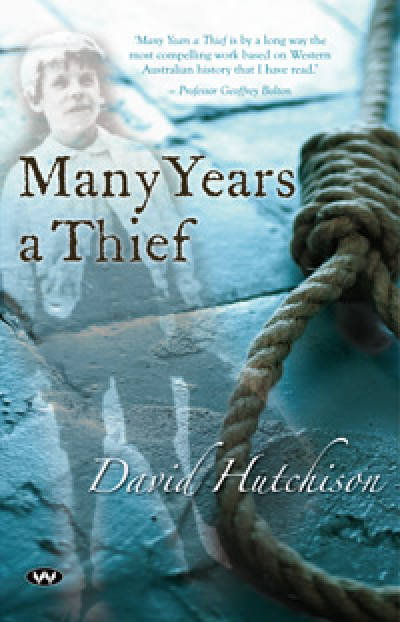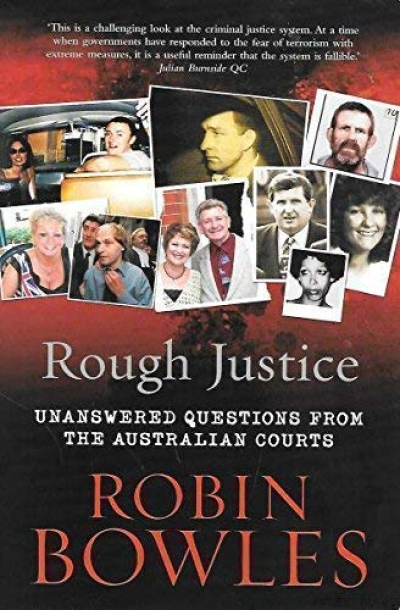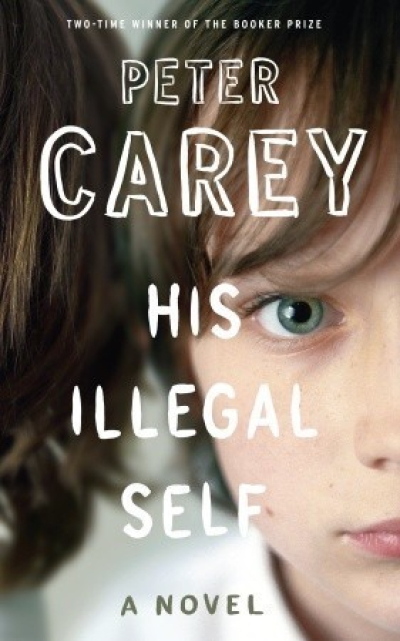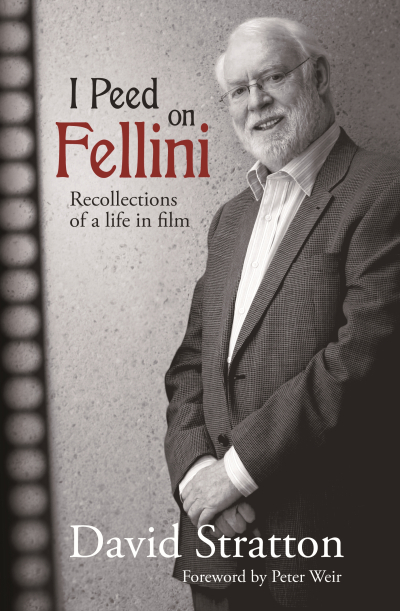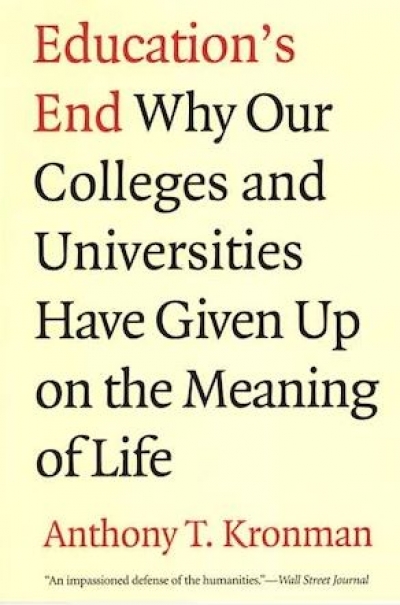Archive
Boycott: The story behind Australia’s controversial involvement in the 1980 Moscow Olympics by Lisa Forrest
sampling Jeffrey Harrison’s ‘Danger: Tulip’,
from Ploughshares, Winter 2006–07
Was I hoping to find my way to the creek, loud
with unseasonal rain, and to see, perhaps,
Lifelines: Breaking out of locked-in syndrome by Peter Couche
Rough Justice: Unanswered questions from the Australian courts by Robin Bowles
I Peed on Fellini:: Recollections of a life in film by David Stratton
Education's End: Why our colleges and universities have given up on the meaning of life by Anthony T. Kronman
Defending Darleen Bungey
... (read more)Dear Editor,
To write the biography of an artist as prolific and complex as Arthur Boyd is an ambitious undertaking, as Ian Britain notes in his review of Darleen Bungey’s account (February 2008). Her book took seven years to research and write; it underwent considerable peer review.
As its commissioning editor, I was delighted by Bungey’s highly original, imaginative and evocative prose. If Britain prefers, as he states, ‘the austerities of Franz Philipp’s seminal study ... Janet McKenzie’s beautifully economical monograph ... the poised, elegant restraint of Brenda Niall’, then he is so patently lacking in sympathy with this endeavour that he is unlikely to be fair to its author. And he isn’t.

